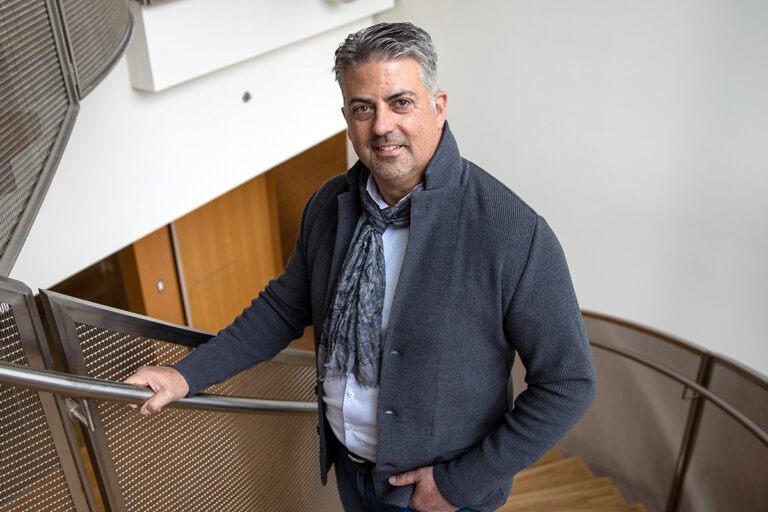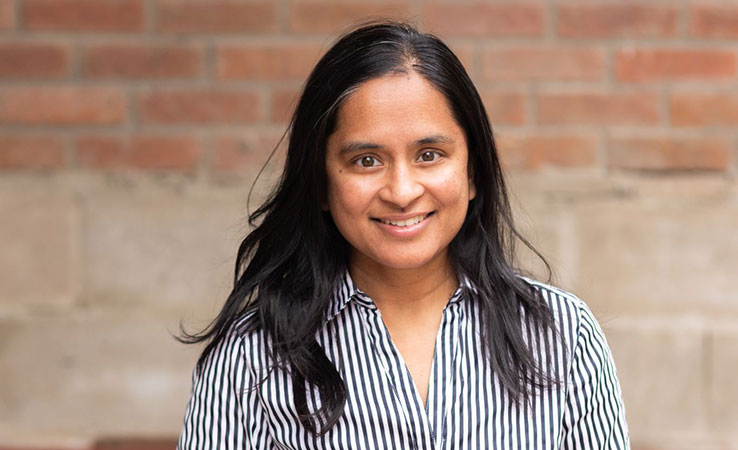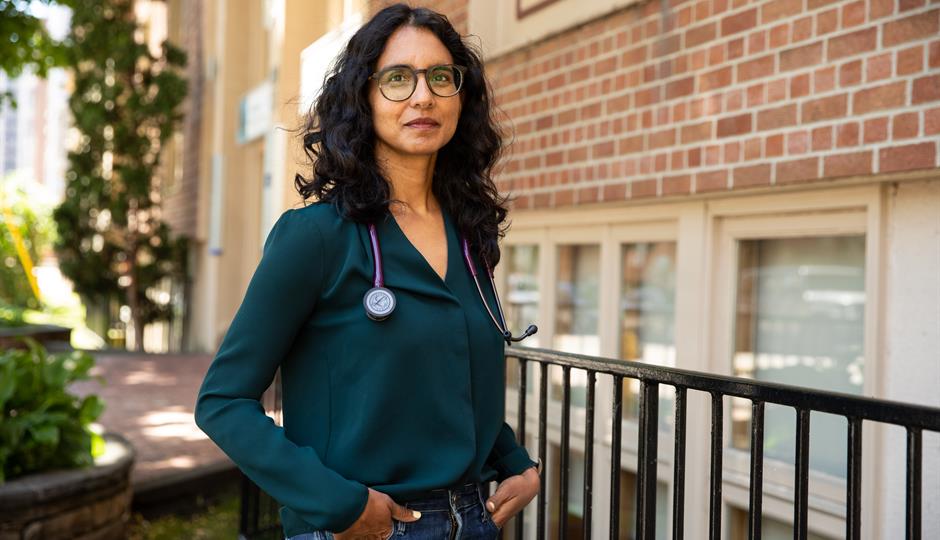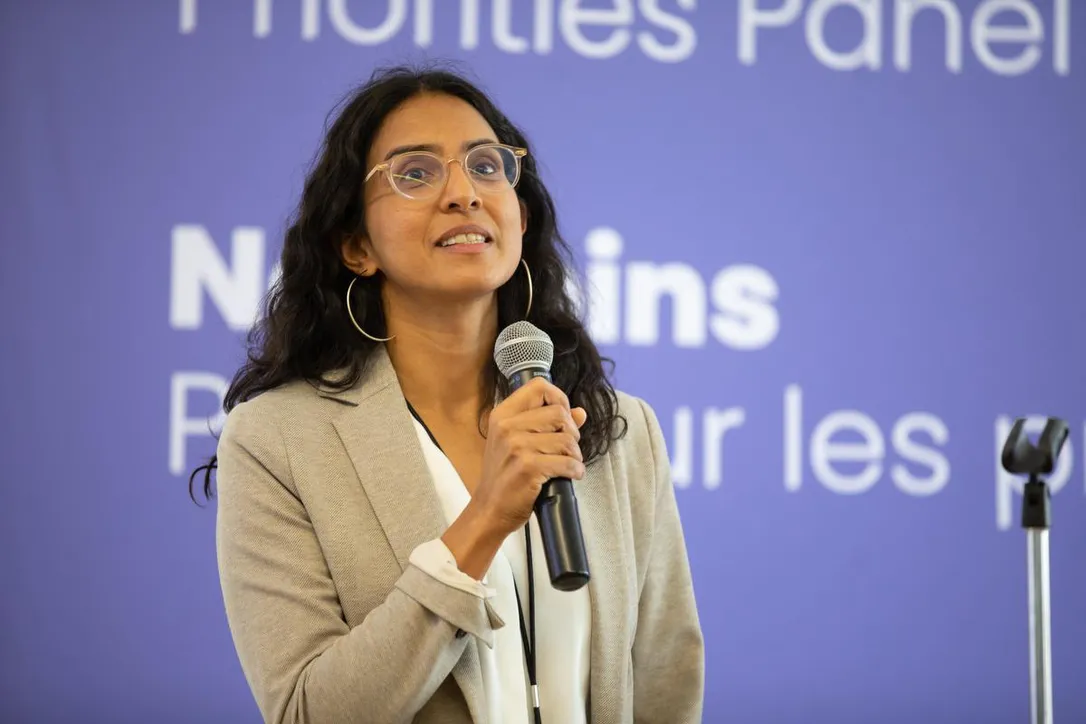From the Canadian Medical Association Journal press release
A modelling study to explore optimal allocation of vaccines against monkeypox virus (MPXV) provides a road map for public health to maximize the impact of a limited supply of vaccines. The article, published in CMAJ (Canadian Medical Association Journal) https://www.cmaj.ca/lookup/doi/10.1503/cmaj.221232, confirms that prioritizing vaccines to larger networks with more initial infections and greater potential for spread is best.
“We hope that these insights can be applied by policy-makers across diverse and dynamic epidemic contexts across Canada and beyond to maximize infections averted early in an epidemic with limited vaccine supply,” says Dr. Sharmistha Mishra, MAP Centre for Urban Health Solutions, Unity Health Toronto.
As of November 4, 2022, there were 1444 cases of MPXV in Canada, disproportionately among gay, bisexual and other men who have sex with men (GBMSM). A very limited supply of smallpox vaccines is available and is being prioritized to populations experiencing disproportionate risks.
Researchers modelled two hypothetical cities as interconnected networks with a combined GBMSM community size of 100 000. The team then varied the characteristics of the two cities across a range of plausible settings and simulated roll-out of 5000 vaccine doses shortly after the first detected case of MPXV.
They found that the strongest factors for optimal vaccine allocation between the cities were the relative reproduction number (epidemic potential) in each city, share of initial cases, and city (or network) size. If a larger city had greater epidemic potential and most of the initial cases, it was best to allocate the majority of vaccines to that city. The team varied the reproduction number with a single parameter, but they highlight how many factors could influence local epidemic potential, including the density and characteristics of the sexual network, access to prevention and care, and the underlying social and structural contexts that shape both sexual networks and access.
“Under our modelling assumptions, we found that vaccines could generally avert more infections when prioritized to a larger network, a network with more initial infections and a network with greater epidemic potential,” writes Jesse Knight, lead author and PhD candidate at the University of Toronto and MAP Centre for Urban Health Solutions, Unity Health Toronto. “Our findings further highlight the importance of global vaccine equity in responding to outbreaks, and also in preventing them in the first place,” he says.
The study emphasizes the interconnectedness of regions and that a population-level perspective is necessary.
“Strategic prioritization of a limited vaccine supply by network-level risk factors can maximize infections averted over short time horizons in the context of an emerging epidemic, such as the current global MPXV outbreak,” conclude the authors.






